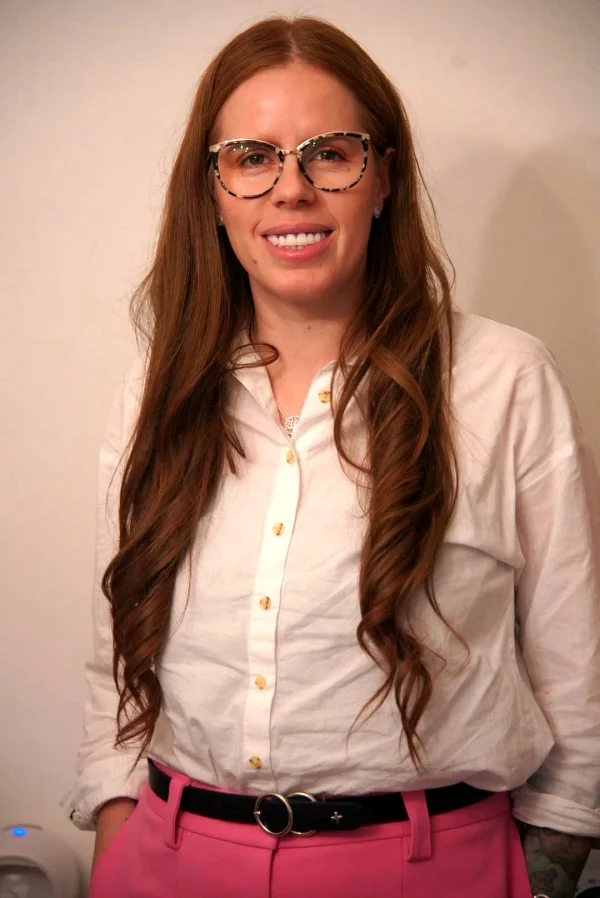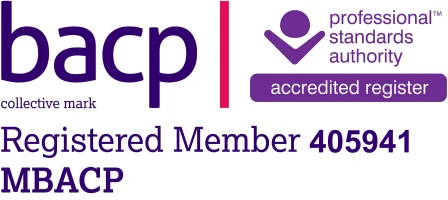Welcome
A confidential space to explore the thoughts, feelings and challenges in your life
About Me
Most of my work is centred around women aged 18-40 who are taking charge of their lives by deconstructing the patterns and traumas which have been driving their life decisions. Until now. It's time to intentionally and mindfully change the narrative!
I trained at The Gestalt Centre in London and this provides the underlying theoretical and clinical approach to my work. Additionally I have attended training work on Mindfulness which has some particular benefits for those who I Coach. Through my experience and involvement with therapeutic yoga and body work I have encouraged breath work with my clients, where appropriate. All this provides a range of unique and powerful tools for exploring and processing emotions, gaining insight into patterns of behaviour and thought, and fostering personal growth and transformation.
Previous to my work as a therapist I have worked in a variety of industry and commercial settings. This has included managerial positions as well as working my way from warehouse operative to line management and data analyst.

I have an international background that has given me a more cosmopolitan view of the world; a view that recognises the value of differences, but also the prejudices that can come with that.

Counselling
WHY?
Why should you go to therapy?
Below you find the areas I specialise in, through a series of diplomas and certificates, validated by the number of clients who have presented with these issues in my practice
- Workplace bullying and harassment
- Childhood abuse - physical or emotional
- Issues of self confidence in women aged 18-40
- Alcoholic parents
- Sexual, emotional or verbal abuse
- Survivors of human trafficking and modern day slavery
How?
How is Gestalt different?
- Integrates mind, body and emotions
- Deconstructs patterns of behaviour which no longer serve you
- Dialogue over diagnosis
- Brings awareness to patterns and polarities
- Empowers self responsibility, not blame
- Your experience takes the lead
- You learn through experience, not just insight
- Values the therapeutic relationship
- Focuses on the here and now
What?
What will you get if you commit to therapy?
- Gain deeper awareness and control over thoughts, emotions and behaviour
- Identify and shift limiting patterns
- Build emotional resilience and presence
- Enhance self-acceptance and personal responsibility
- Develop stronger, more authentic relationships
- Reclaim a sense of wholeness and agency
Reviews







Contact
Feel free to contact me if you have any questions about how counselling works, or to arrange an initial assessment appointment. This enables us to discuss the reasons you are thinking of coming to counselling, whether it could be helpful for you and whether I am the right therapist to help.
You can also call me on 07360353983 if you would prefer to leave a message or speak to me first. I am happy to discuss any queries or questions you may have prior to arranging an initial appointment.
All enquires are usually answered within 24 hours, and all contact is strictly confidential and uses secure phone and email services.
Frequently asked questions
Counselling is usually a good way to help with a current problem; something that can be discussed and - hopefully - resolved within a limited number of sessions. Over a certain number of weeks the understanding of the problem improves and away forward becomes clear. Therapy often describes work that goes a bit deeper, towards more substantial life issues and problems having a deeper effect on the client’s life. Therapy often requires a long-term approach, so the number of sessions can be open-ended.
Which option is most suitable depends on the client and the difficulties they are facing. In some cases counselling works well as an ongoing, longer-term option - or therapy can manage to resolve an issue in just a few sessions.
Everything that is said within the counselling room is private - this is one of the main ways counselling and therapy differ from talking to a friend or relative. Once you are comfortable with the format of weekly sessions and the safe space they provide, you will find the freedom to speak in confidence is of great value.
Note that there are some situations where you may be a risk to yourself or others, and there the law requires that I notify an authority; in these cases I may not be able to keep total confidentiality. Breaking confidentiality is very rare though, and only happens after the person concerned has been informed.
Usually I am asked this question by people who are nervous about entering into counselling, or when they are looking for support in coming to see a therapist. This anxiety is understandable, but a key aspect of therapy is that you should feel free to talk about any issues you feel are important to you. Having someone else with you who can be connected those issues makes this opening-up more difficult, so for this reason I do not see clients accompanied by friends or family.
How long a period of counselling lasts will vary from person to person and depend on the depth of the issues they are facing. For some people a couple of sessions helps to bring their problems into focus, and they feel ready to move forward; other problems may require more of an open-ended approach.
Before we begin any work we will agree on the number of sessions we’ll undertake, and at the end of that number review our progress. As long as we both agree further therapy will be of benefit to you, sessions can continue.
My aim is to offer a first appointment - known as an initial assessment - within 1-2 weeks. Then we would arrange a set number of counselling sessions to take place at the same time every week, that is convenient for you and where I have availabity. How quickly these sessions can begin will depend on the availabity of that free ‘slot’.
© Anna Haynes
powered by WebHealer
